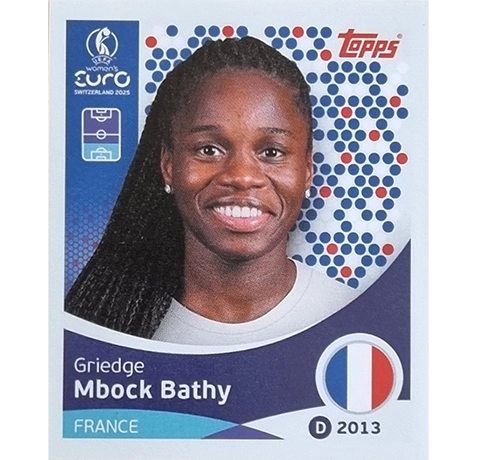
Introduction
The Women’s Euros 2022 were a pivotal moment for women’s football in Europe, showcasing not only extraordinary athletic talent but also highlighting the growing popularity and support for women’s sports. The tournament, hosted by England from July 6 to July 31, 2022, was marked by record attendance and viewership, amplifying the voice of female athletes across the continent.
Key Highlights of the Tournament
The tournament featured 16 national teams competing across 10 venues, with the final taking place at Wembley Stadium in London. England’s Lionesses emerged victorious, claiming their first major international trophy by defeating Germany 2-1 in the final match—a game watched by over 87,000 spectators.
Throughout the tournament, several records were set. The total attendance reached 570,000, surpassing previous records for the event, illustrating the increasing interest in women’s football.
Star players such as Beth Mead (England), who won the Golden Boot, and Alex Popp (Germany), who made significant contributions to her team’s success, captured the attention of fans and media alike. Mead’s performances exemplified the talent within women’s football, ultimately earning her UEFA Player of the Tournament accolades.
Impact on Women’s Football
The Women’s Euros have had a profound impact on the visibility and viability of women’s football. Increased media coverage and sponsorship have brought more attention to women’s sports, influencing young girls to participate in football and other athletic activities. This event has also encouraged clubs and organisations to invest more in women’s programmes, accelerating the development of female talent.
England’s success in the tournament has sparked discussions surrounding the future of women’s football, with calls for greater equality in funding and resources compared to men’s sports. The FA has committed to improving facilities and opportunities for women at all levels of the game.
Conclusion
The Women’s Euros 2022 not only celebrated the sport but also served as a catalyst for change within football and sports culture. Moving forward, the momentum generated by the tournament is expected to enhance support for women in sports, encouraging future generations of female athletes. As the world watches, the evolution of women’s football continues, with prospects for even greater achievements ahead.
You may also like

The 2026 Winter Olympics: Women’s Snowboarding Halfpipe Preview

Stenhousemuir v Falkirk: A Crucial Clash in the League

The Emergence of Jeremy Doku in Modern Football
SEARCH
LAST NEWS
- Remembering Wendy Richard: The Promise to Co-Star Natalie Cassidy
- How Did Anglian Water Achieve an ‘Essentials’ Rating for Mental Health Accessibility?
- Shai Hope Leads West Indies in T20 World Cup Clash Against South Africa
- What We Know About Weston McKennie: Future at Juventus and Past at Leeds
- What We Know About the Upcoming Live Nation Antitrust Trial